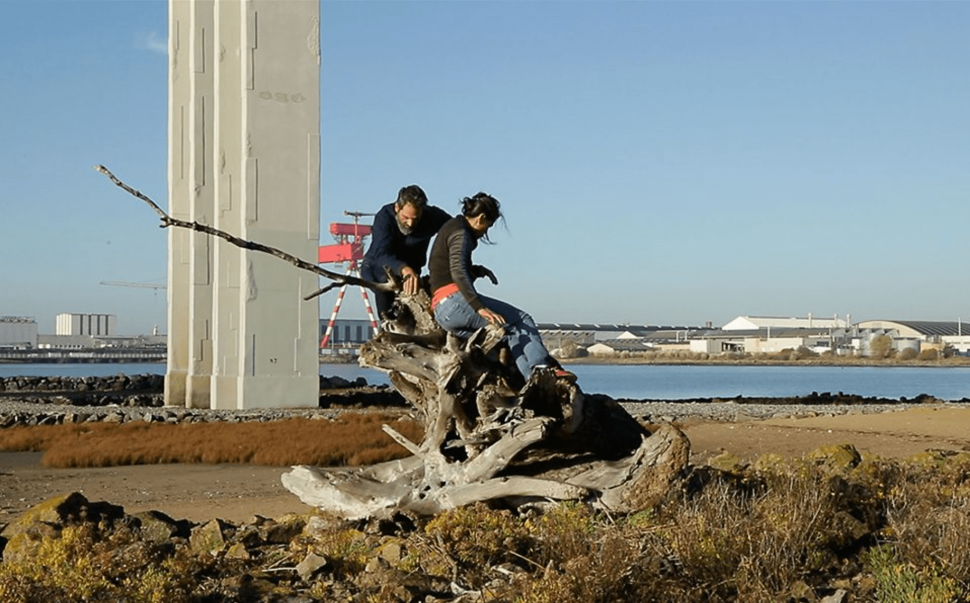
WEIGHT: 53 kg
Breast: Small
One HOUR:80$
NIGHT: +50$
Sex services: Anal Play, Sub Games, Strap On, 'A' Levels, Lesbi-show hard
This definition derives from reflections upon fieldwork, conducted in the north of Portugal, with Cape Verdean migrant young women and their experiences as mothers. The article discusses two aspects related to the fieldwork. Secondly, how becoming unexpectedly involved in a situation of intense conjugal conflict led me to reconsider my understanding of Cape Verdean gender relations.
Both cases demonstrate how the endeavour to produce analytical and ethnographical knowledge was shot through with an unstable mix of detachment and involvement and how coming up against the unexpected may contribute towards the reconfiguration of ethnographic knowledge, in this specific case, with regard to the dynamics of gender relations. The suspense created during this half hour programme, rests on the knowledge that the last few minutes will take an unexpected turn, causing the viewer to reconsider the events of the whole episode in a completely different light.

The viewer consequently watches the programme in a heightened sense of alertness, eager to work things out. Anthropological fieldwork is often experienced in a similar, although usually not in such a dramatic, fashion. Yet, unlike the viewers of the television programme, who reach closure and are left marvelling at the ingenuous storytelling skills of Roald Dahl, the anthropologist, whose task is far from over, is faced with uncertainty regarding how best to proceed.
The article discusses two dimensions of my research with young Cape Verdean women living as students in a town in northern Portugal. The second relates to my sudden involvement in an unexpected incidence of conjugal conflict. Both of these aspects of the fieldwork caused me, not only to reconsider my own position, but also, to readjust the analytical lens through which I had established the field sites of my research, namely, the categories of Cape Verdean women and the power dynamics of gender.

This implies considering participant observation as a two-way process, although different phenomena may be observed on either side. As Stocking has noted a long time ago, they also observe the ethnographer and hold various ideas, opinions and expectations about him or her that the ethnographer may never gain complete access to. As the organizers of this series of articles suggest, dealing with the unexpected is part and parcel of anthropology and may require far more than having to readjust a hypothesis, or alter a questionnaire, because it involves becoming implicated in the research, through intersubjective relations with interlocutors.


































